Like this article?
Go on, give it a kudu!
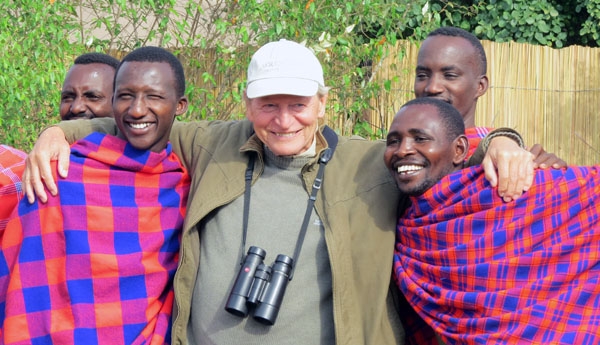
Published on March 24 2016
Written by:
Annabel Ford
1637 views
When local herdsmen poisoned eight lions after losing three cows in early December the news caused worldwide outrage. That is because the lions belonged to the Marsh Pride, the TV superstars of the BBC’s Big Cat Diary, and the resulting publicity has seriously damaged the reputation of Kenya’s premier tourist destination.
Your African Safari is pleased to partner with The Ultimate Travel Company to feature this exclusive interview with Brian Jackman, co-author of The Marsh Lions and freelance journalist, regarding the recent event and its impact on tourism.
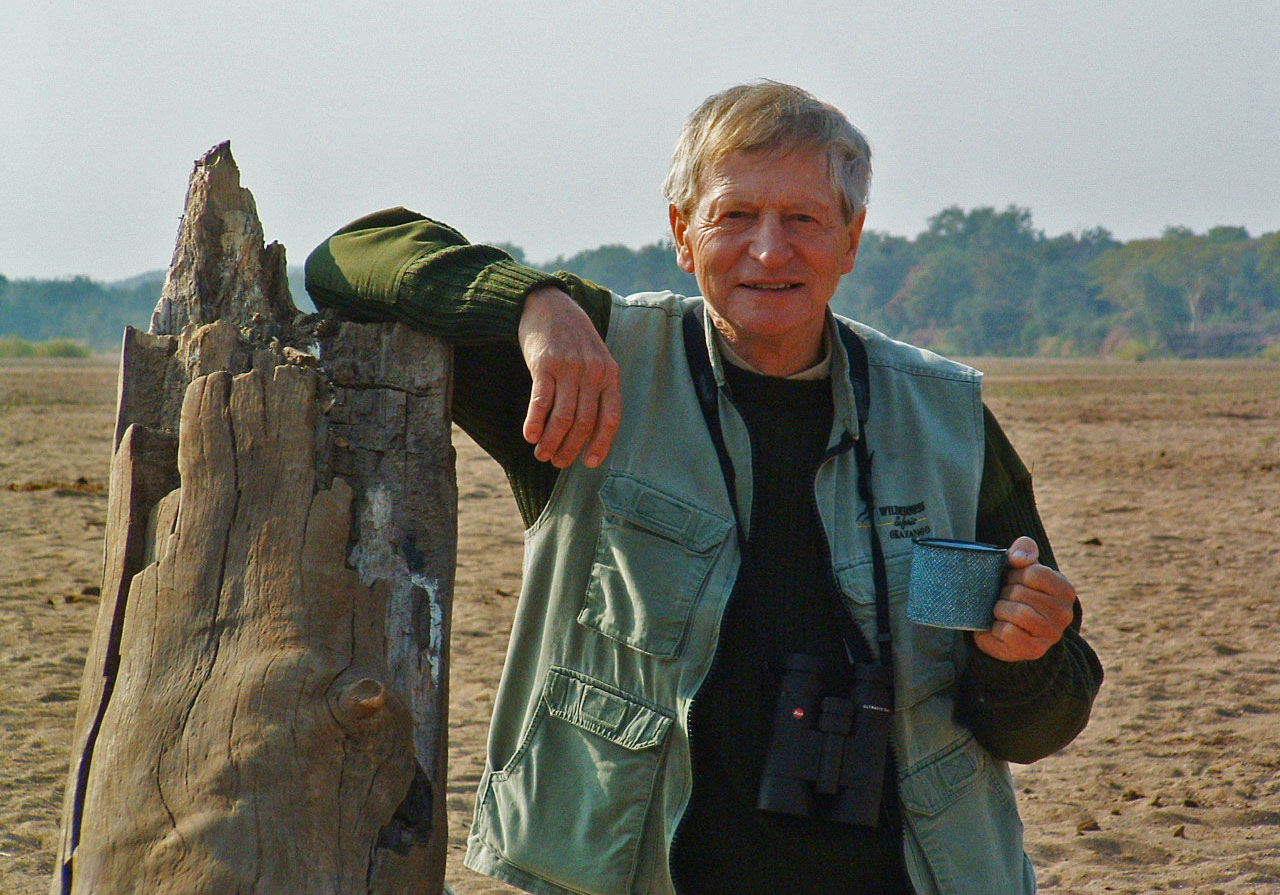
This was a situation that has been building up for a number of years as the Masai and their livestock were able to enter the National Reserve with impunity due to local corruption and poor governance. The result was an accident waiting to happen. The Marsh Lions were not the first to have been speared or poisoned in retaliation for killing livestock, but they were the most famous lions in the world--hence the resulting publicity! The use of poison only made things worse. This is a relatively recent phenomenon. In the past, warriors would take up their spears and hunt down a culprit suspected of stock killing. Today poison bait is used, which is not only deadly but totally indiscriminate, killing everything that ingests it, including scavengers such as hyenas, jackals, eagles and vultures.
Sadly, the Marsh Pride as such is no more. The lions of Musiara Marsh have been driven from the core area where they had lived for generations. They appear to have split into three separate groups of lions and are taking their chance elsewhere – one group having crossed the Mara River and taken up residence in the area known as the Mara Triangle.
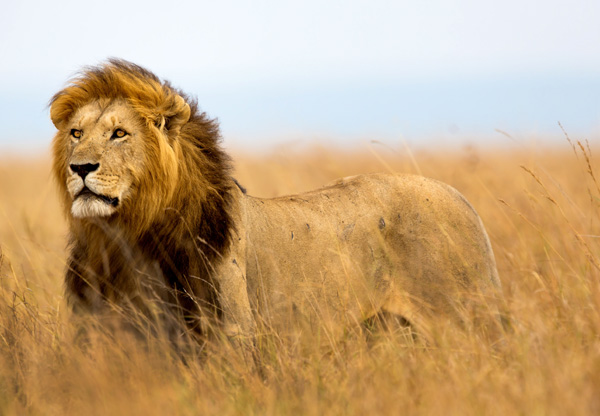
The trouble with the Marsh Pride was that their territory was situated close to the edge of the National Reserve and was directly in the way of the invading cattle incursions that have been taking place every night. One day, a new pride may take over the marsh area as it has everything lions need – prey, water and shelter in which to hide and raise their cubs. But this will never happen until the cattle are kept out of the reserve, and in any case the ancestral lineage of the Marsh Pride has been broken beyond recall.
Kenya has already done much to try and resolve this age-old conflict – especially in Northern Kenya where the Northern Rangelands Trust, a not-for-profits organisation, has been working hard and successfully to empower local people to benefit from the presence of lions through eco-tourism. What needs to be done to protect the lions of the Masai Mara sounds simple: uphold the law and stamp out corruption. As one of the seven natural wonders of the world, the Mara ought to be a national park, but politics have made this an impossible dream - until now. Maybe it is time for President Uhuru Kenyatta to step in and save the Mara and its lions before they are lost forever.
For Africa as a whole, I would place the lion on the endangered species list and ban trophy hunting.
Has been on: 20 safaris
© Your African Safari Ltd, All rights reserved.
Your African Safari is a safari-planning and safari review site. It was created to help support a healthy African wildlife population. All reviews are vetted before being approved and only ethical tours are published
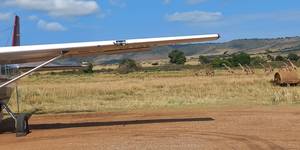
Using charter flights on your next safari
Published on December 22 2025
By: yourafricansafari.com
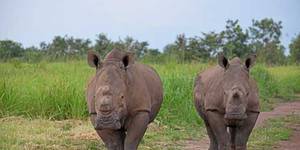
Garamba National Park—an anchor of hope in the Democratic Republic of Congo
Published on January 09 2025
By: R.W.

Namibia imposes new visa requirements
Published on July 25 2024
By: yourafricansafari.com